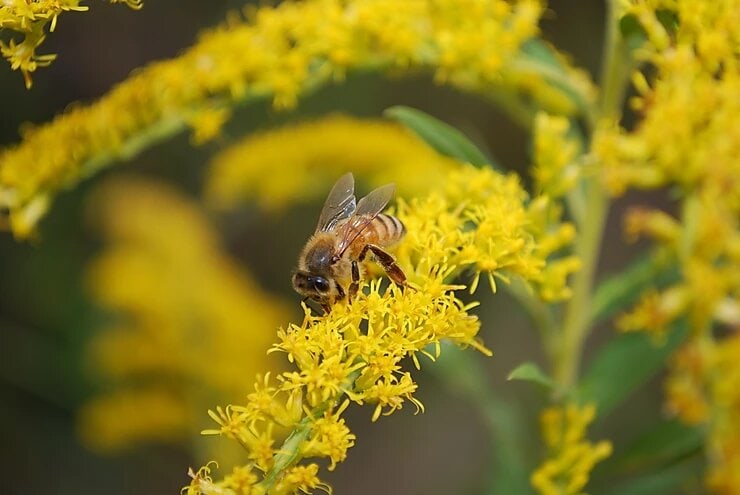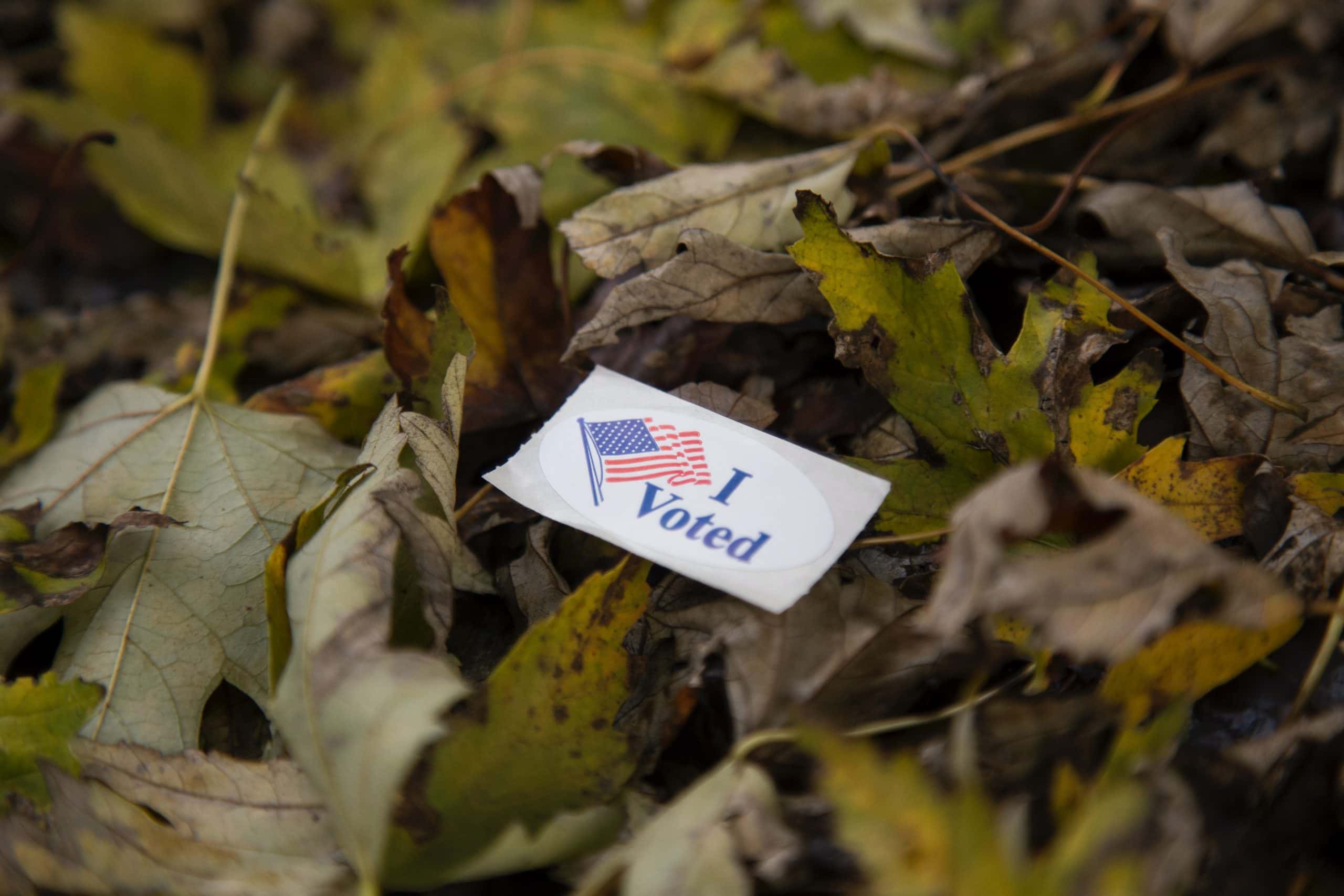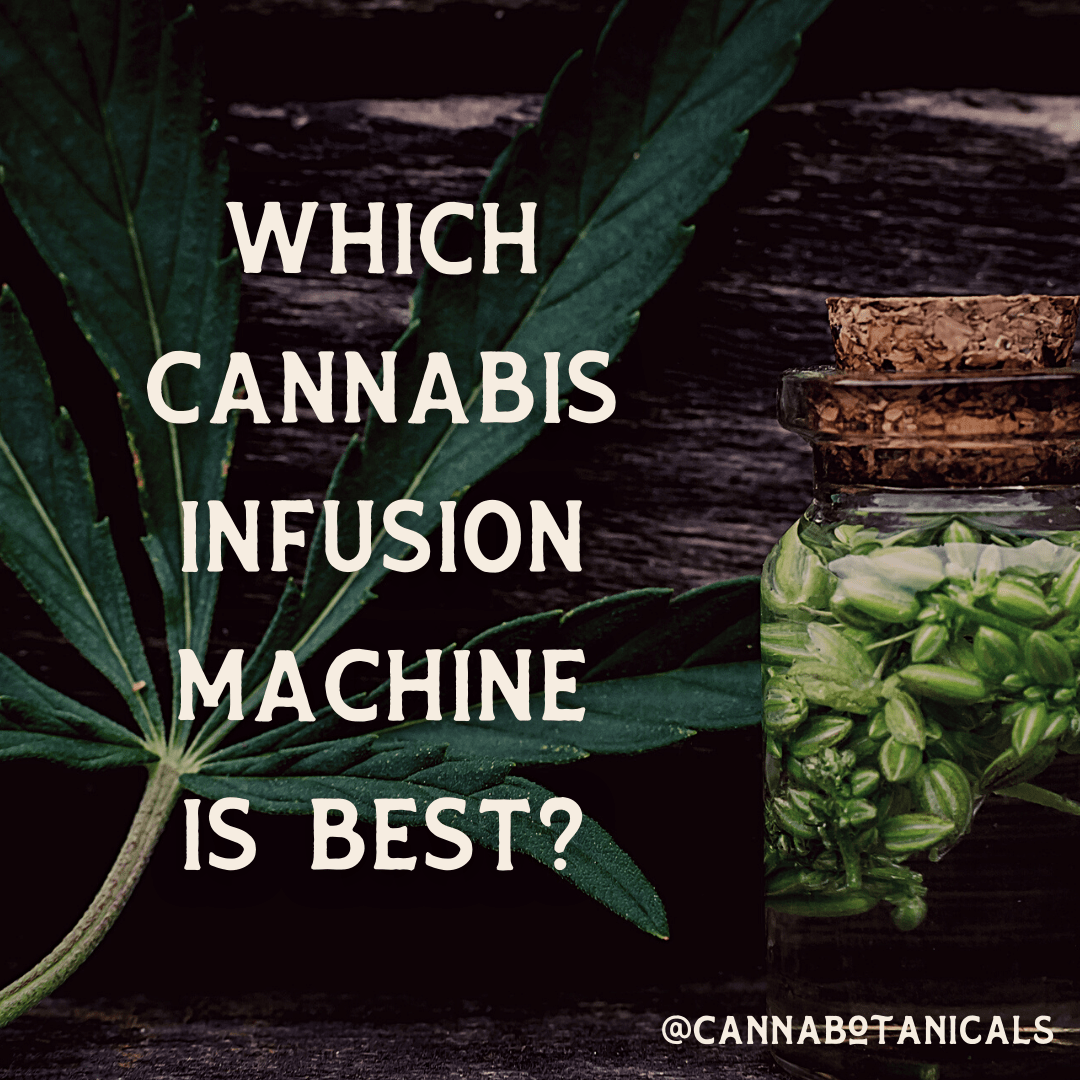High Summer: the Heart of Wellness

Late July and August brings us into Leo season, the firiest and hottest time of the year. We are awash with flowers – Queen Anne’s Lace, early goldenrod, sweet pea, milk vetch, chicory, which are the plant part associated with Fire in Chinese Five Phase Theory. If we are well connected, we find ourselves inundated with more social engagements than we can possibly attend, as everyone around scrambles to enjoy these few fleeting months of what is summer in Vermont.
Summer is the season of the Heart in Chinese medicine, and with that comes the joy of connecting with others. Whether romantic, familial, or communal, the Heart and the Fire Phase is all about coming together and being in relationship with one another. Its about taking your shoes off and connecting with the earth, the river water, and the singing animals and plants around us.
I’ve been reading a book lately which feels earth-shattering even though its basic premise seems pretty obvious at first glance. Lost Connections by Johann Hari is an exploration of what he calls the “real of causes of depression and the unexpected solutions.” Hari argues that despite years of being told that depression and anxiety are simply neural misfirings or deficiencies in this or that neurotransmitter (and subsequently that they can be “fixed” by pills that boost those chemicals), that these “mental illnesses” are actually completely normal and understandable response to a lack of meaningful connections in our lives. We evolved, he explains, in community with others and our very survival depended on our connections with those around us. In our current culture, we are not only alienated from one another, but also from meaningful work, traumas we may have sustained, and the natural world. As a result, rates of anxiety and depression have risen dramatically. Not only that, lonely people are at a higher risk for all kinds of illness, including heart disease and cancer.
In my practice, it is rare for me to see someone who doesn’t self-identify as struggling with either anxiety or depression, and often both. My apothecary is replete with herbs traditionally used to help soothe the anxious or depressed spirit. People come to me with these issues in much the same way as they would go to their doctor. I have this. What can you do to fix it.

This is a daunting task. I have personally witnessed the impact that a carefully chosen herb can have on someone’s mood, and believe that plants are really good at dealing with these ubiquitous emotional issues. Reading Hari’s argument, however, has me questioning what is going on here. I learned that herbs like skullcap, for example, increase the activity of GABA in the brain, which can calm anxious feelings. But is that really addressing why that person is anxious in the first place? Does it change the fact that they lack community, have no social safety net, and work a low-wage, dead-end job? Are we using herbs the same way we are using pharmaceuticals, and just masking the symptoms of something systemic that desperately needs to be addressed?
As herbalists, we always try to get to the heart of the matter. That may not always be possible, but we can at least try to get close. When I sit with a client, I recognize that half, maybe more, of the healing comes from the interaction between us. To be seen and truly heard is a need that lies unmet in many people, and that alone may be what they need most in that moment. To then take that connection and use it to reconnect people with the natural world through plant medicine is another layer of healing. I believe that we become much less alienated from our bodies and our surroundings when we take a remedy from whole plants that we gathered ourselves, or at least that we can recognize in our backyard. This might not change the fact that someone doesn’t make a living wage or have health insurance, but it perhaps will help them feel a little more empowered and supported.

Anxiolytic and uplifting herbs are of course having a direct effect on our physiology and brain chemistry. Some do increase GABA or dopamine. But they are much more subversive than that. Plant medicine has the ability to engender community. We see this in the Kava ceremonies of Polynesia, and in the more familiar-to-us act of passing a joint. Both the herbal community in general and the cannabis community in particular are strong here in Vermont for a similar reason. People are drawn to plants, and plants bring people together. They can help us to embrace the spirit of high summer and re-establish the connections that have systematically been broken over time.
As we experience record breaking heat around the world, I encourage all of you to take the lessons of this season to heart and find ways to reconnect with your friends, your family, your community, your body, and your own backyard. Reach out for help if you need it (hint: we all do). We aren’t meant to do this all alone, and we need each other now more than ever.
Recent Posts
Join Our Mailing List!
Like what you see on our blog? Get on our mailing list to receive updates!



